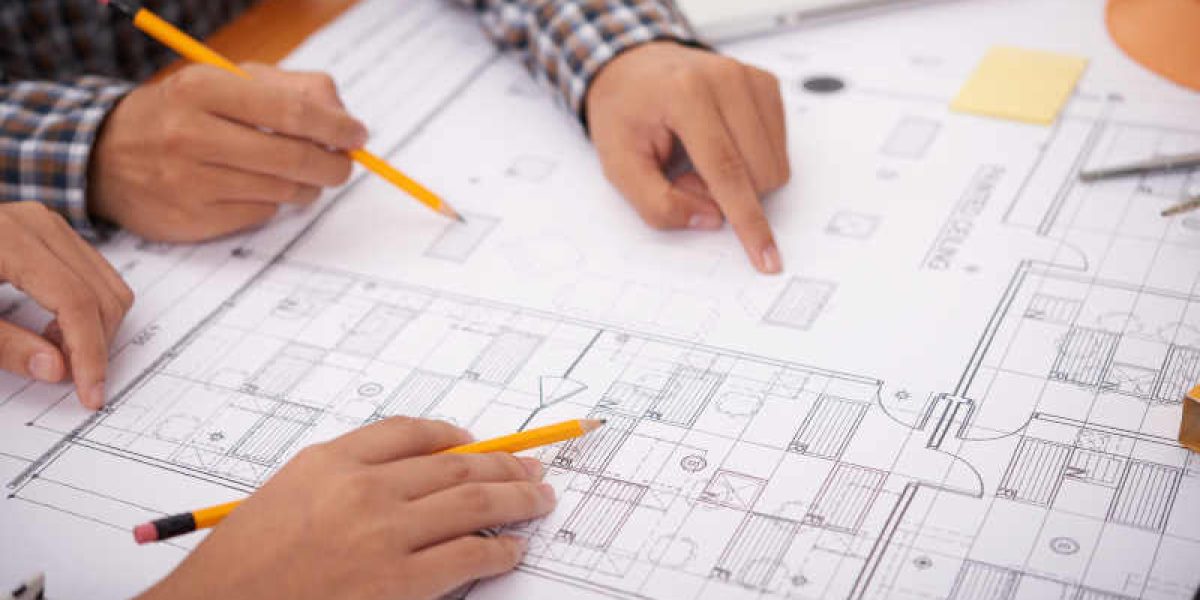Providing an estimate for the cost of your remodel, home extension, or new custom home is a typical practice among contractors. The estimate should include the cost of employing any subcontractors, internal labor, the cost of materials, permit fees, general requirements like temporary toilets, debris bins, fences, etc., and project overhead costs. It should also include the contractor’s best professional assessment.
Understanding Quotes versus Estimates
A quote is quite different from an estimate that you receive from a contractor. An estimate is a proposal to sign a contract. Without much leeway, it should be the precise sum that a specific project will cost. While it’s ideal to have bids and estimates in paper, some contractors will purposefully omit doing so.
Accepting an estimate does not constitute acceptance of a firm agreement for a certain amount. As long as the notion being given is clear and well-thought out, estimates should normally be professionally reasonable. The accuracy of an estimate might vary greatly in the early stages of a project when there are no designs of any kind and the project is just a notion. Experience has shown that even the most skilled contractors can anticipate to fall within the -10% to 30% range, especially if the notion being delivered isn’t very clear. There is simply too much room for expectations and reality to diverge at this early stage.
Unfortunately, there is a lot of danger for the client in the realm of home construction, which frequently leads to disagreements and financial hardship. Lack of transparency in pricing between forecasts and real expenses is one of the key causes. Due to poor preparation along the route, the client ended up taking on all the risk rather than the qualified contractor. As the project grows, the risk increases.
By understanding the discrepancies between estimates and actual costs, carefully planning the project, and specifying it using a baby step method, all of this may be avoided. Additionally, it is advisable to select a skilled contractor who can thoroughly plan and design your project and who will lay out everything in a written contract that, after the project is planned, offers a set or lump sum pricing.
Here are some tips:
1. Speak With a Few Different Contractors
You can get a few different ideas on how much the project should cost by speaking with a few different contractors. Then you can average it out to see if investing the time and money in project planning is realistic. However, the most significant benefit is that you will be able to determine whether you trust a specific business and whether they are a good fit for your position. To lower your risk, find out what procedure will be used to move the project forward.
2. Discuss the Budget in Detail
This is quite significant. It’s not necessary to discuss a budget during your initial consultation with a possible contractor. In actuality, you shouldn’t express this until a degree of confidence has been established and you have reduced your list of potential firms to one or two. Before you have enough information to even start setting a budget, you should be conducting interviews and gathering suggestions and comments. However, it is crucial that you set up a budget before you begin planning or designing your project, even as a beginning point. In this way, the planning can be guided in the appropriate path.
3. Make Plans, and Then Backup Plans
Particularly when it comes to home construction projects costing six figures and above, a complete design and planning approach takes months. Plans should be created in stages and their financial feasibility should be verified along the way. If the project cannot be completed within the allocated budget, changes should be made when sufficient data has been acquired and documented. Only in this manner can you achieve a result that is comparable to what you want to achieve and how much you want to spend. Be extremely cautious when signing a construction contract too soon. How is the firm committing to a fixed-fee contract without all the information and precise structural drawings, you might wonder. Do they have a high guess? Will the numerous change orders they receive make up any losses? How are they guarding you against risk?
4. Fixed-Price Agreements
After careful planning and describing the project, you should come to a fixed cost contract that holds the expert contractor totally responsible for completing your job for a set price. In the event that there is any section of the contract that you are unsure of, you should always have a lawyer review it.
You shouldn’t rush, make assumptions, or pick contractors based on exaggeratedly low estimates when working on a substantial project with significant financial stakes. The average person’s home is a sizable investment that frequently enters into retirement planning. Make sure you’re positioning yourself for success.
Are you contemplating house additions, remodeling and renovations, or creating a brand-new custom home? Call Murphy Construction today.








